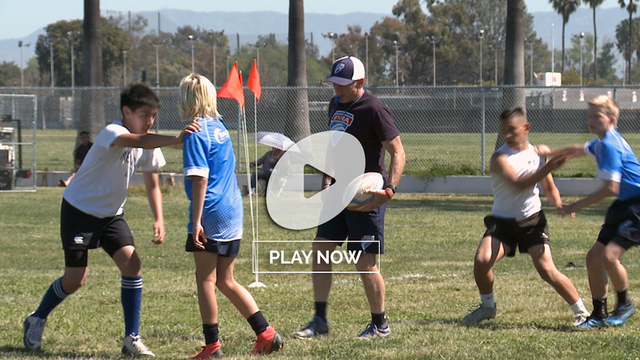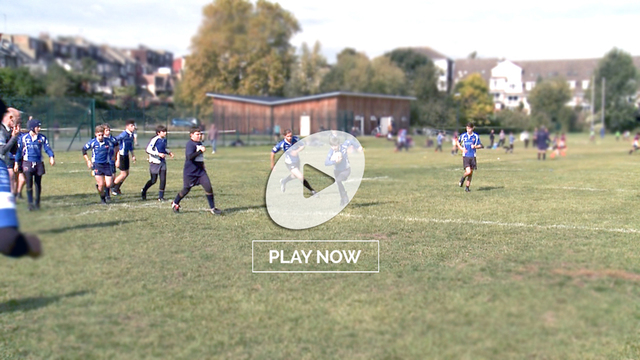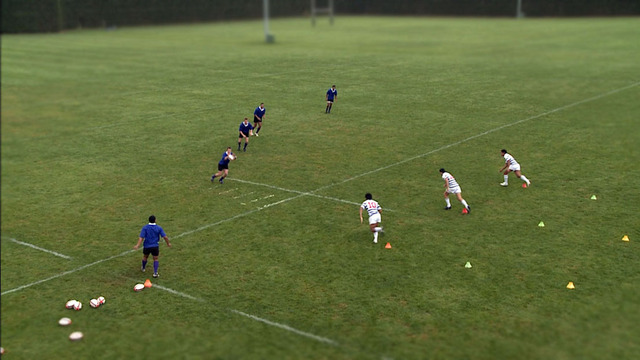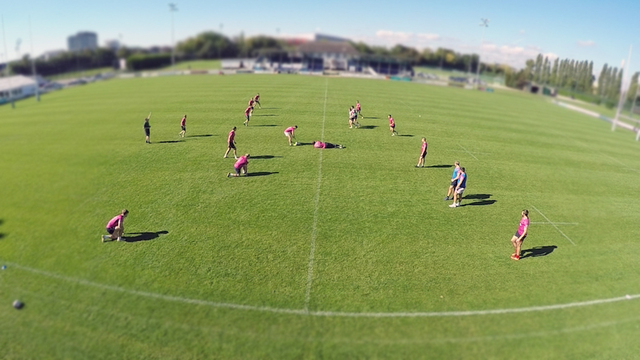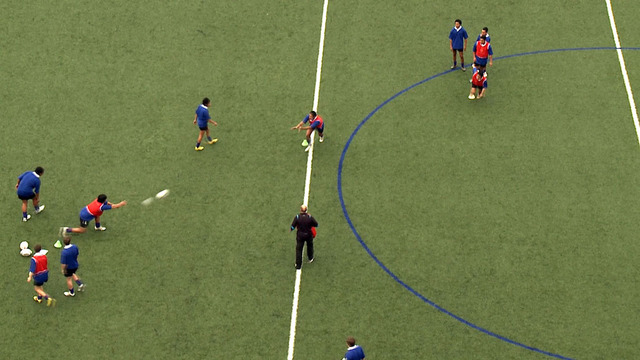There is no point even beginning to talk about counter attack unless you are also going to talk about defence at the same time. It would be like telling someone how to make an omelette but forgetting the bit about breaking a few eggs.
Defence provides the ingredients for so many counter attacks. Before you can launch out from defence, you have to break eggs.
Here’s an example. When the Hurricanes scored a last minute try to beat the Cheetahs during the 2011 Super 15, they did it off counter attack ball. It may have been by design or it may have been by chance, but they managed to isolate the Cheetahs ball carrier. Perhaps drunk on power, Cheetahs scrum-half Sarel Pretorious ran away from his support when all his side had to do was run down the clock. As a result the Hurricanes outnumbered him, turned the ball over and went the length of the field for lock Jeremy Thrush to score the winning try.
This is the value of quick turnover ball in counter attack. It does not give time for the team losing the ball to turn an offensive line into a defensive one. The Pretorious instance, even if unwitting, is an example of how you can sucker an attacker into a turnover by showing him an apparent hole to run into. Sometimes you can get good counter attack ball by shutting down the run and then hurrying the man in possession into a poor kick.
Sometimes players have to be quick to identify a ruck where the opposition is short in numbers and move in quickly. So defence is a huge part of the counter attack and so is communication. Players have to realign very quickly when they see turnover ball coming. They need to be quick to use the full width of the field. And they need to keep talking to each other.
You are looking to play into space and you are looking for mismatches. These are mental challenges. You may be looking for an injured player or a weak tackler or a quick engine against a slow one or a monster truck against a Mini. But you are looking for an advantage and the man who spots the opposition weakness needs to let his teammates know about it. So don’t just get caught up in what you are trying to do on the pitch.
Always remember – it’s good to talk.




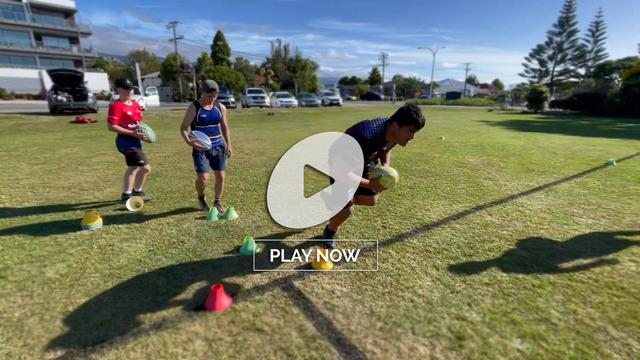

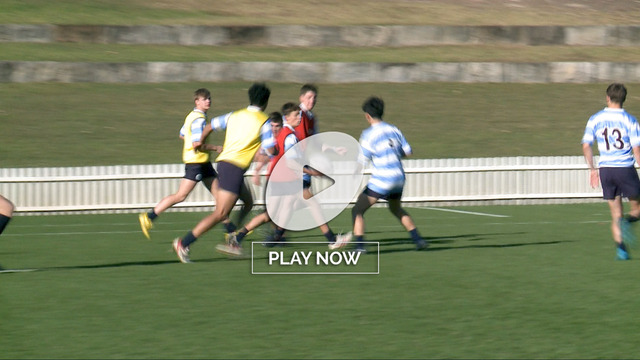

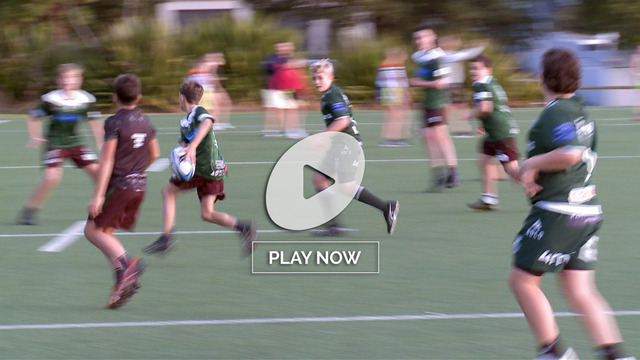

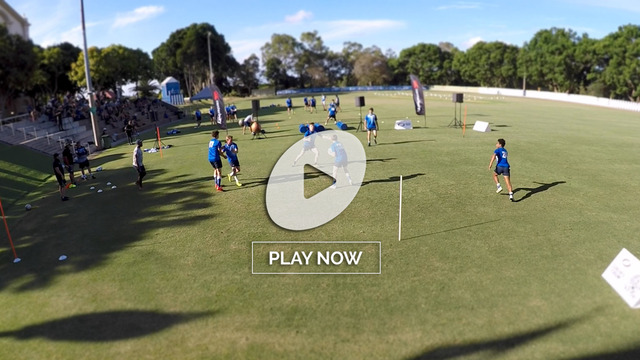
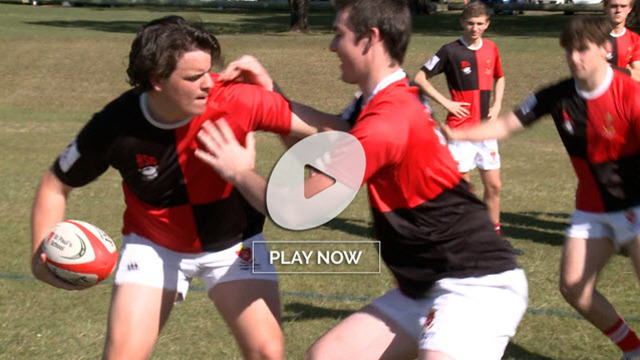
.jpg)
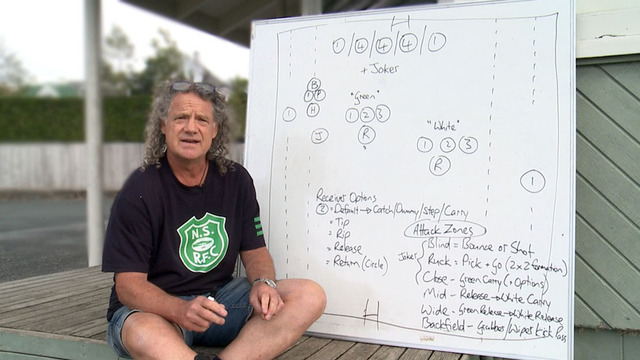
.jpg)
